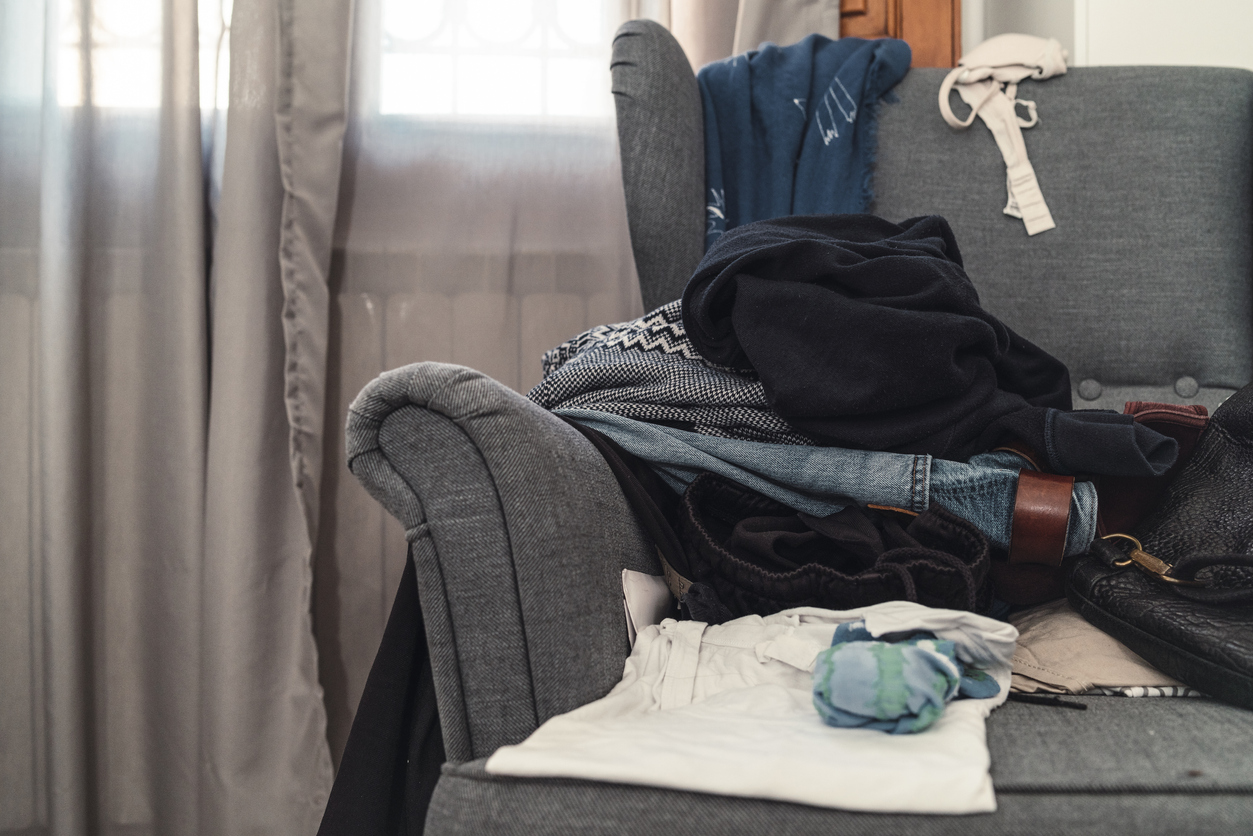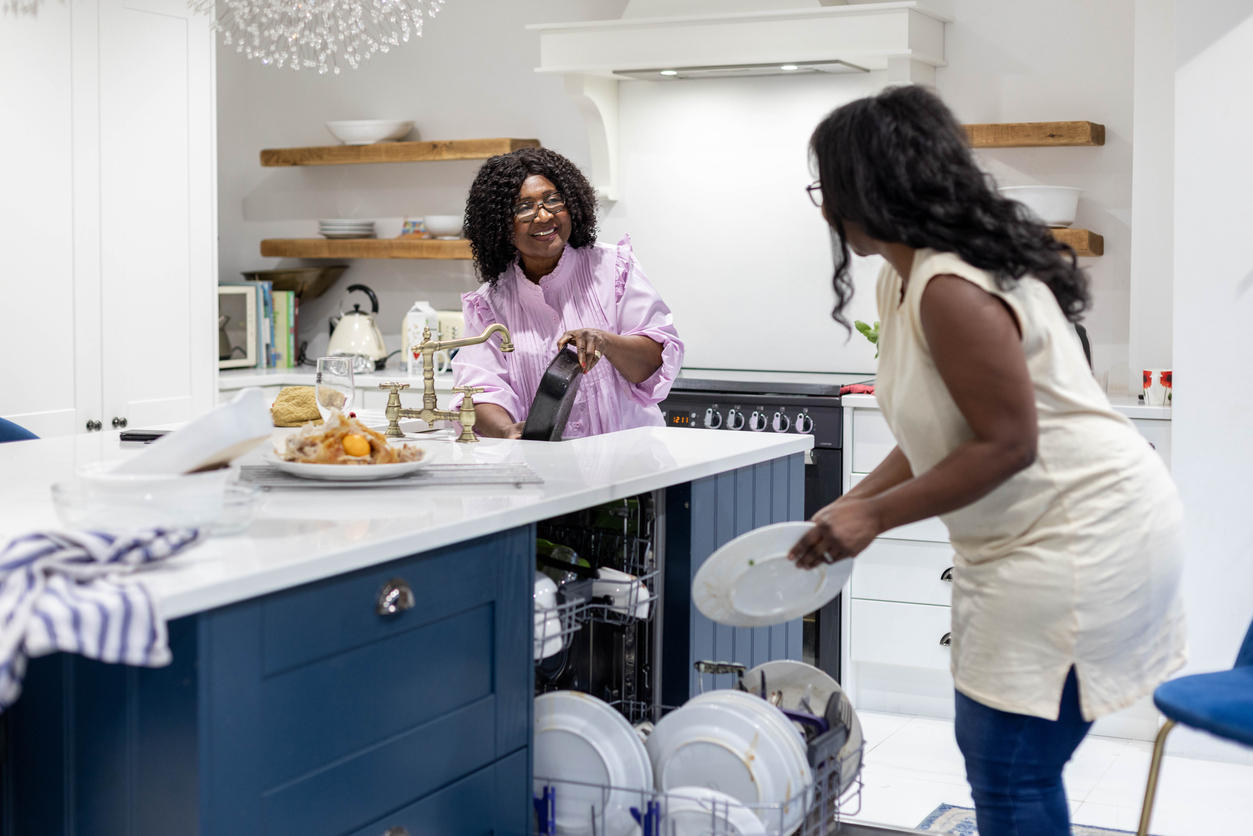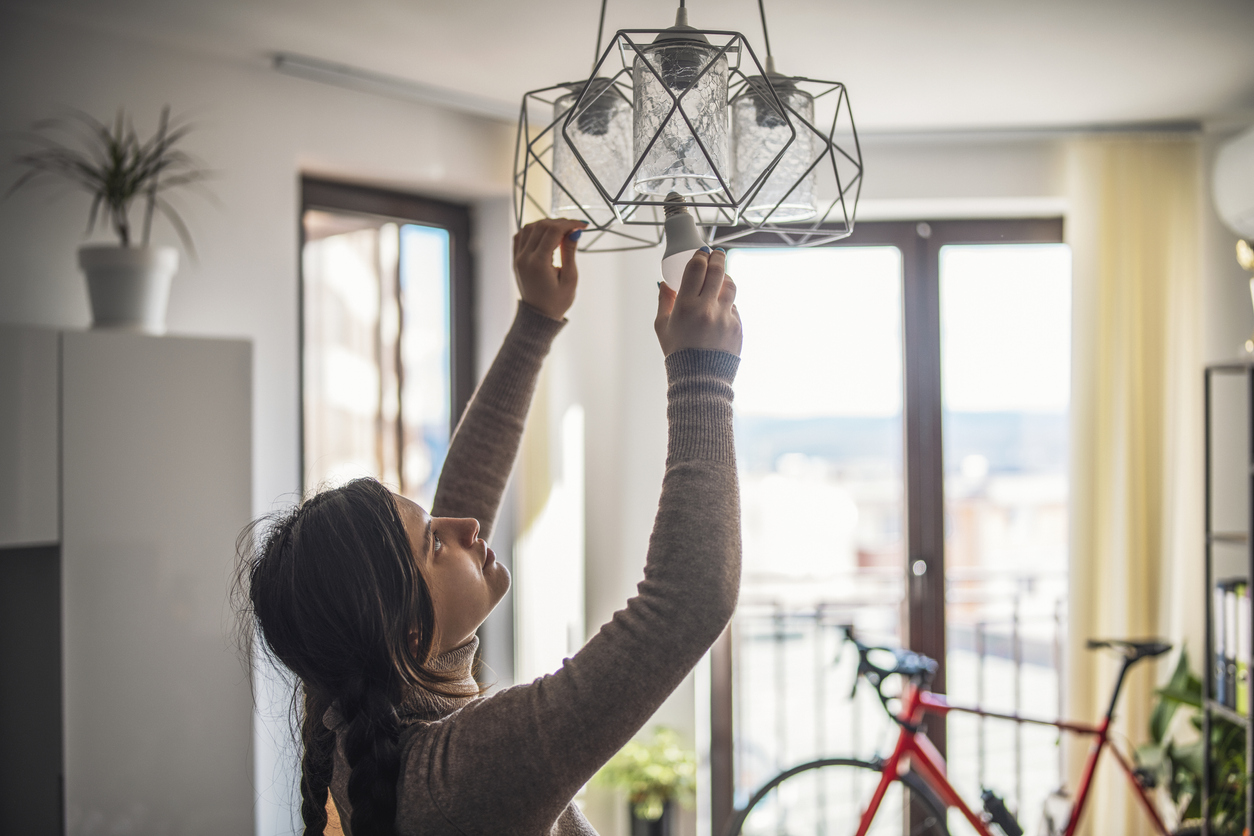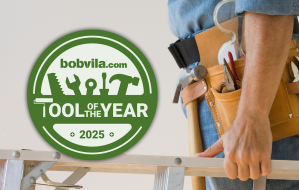

We may earn revenue from the products available on this page and participate in affiliate programs. Learn More ›
Want to find ways to improve your life yet you lack the motivation? You’re not the only one. Many people want to upgrade their day-to-day routine but get bogged down with time-consuming goals. Significant changes take a lot of energy and dedication, and implementing immense change all at once often leads to jumping ship.
Small victories are key to making real change. Simple daily tasks that are easy to accomplish feel uplifting and positive. These small tasks can turn into habits, which eventually could lead to more dramatic changes in the future. We’ve created a list of 10 easy tasks along with the reasons doctors, psychologists, and other experts support the benefits of these small changes.
1. Make the Bed Every Day

An unmade bed may beckon you to climb back under the covers, whereas a nicely made bed is a signal to move on with your day. Making your bed jump-starts your day, and research shows it even encourages more productivity, since completing that small task provides a dose of accomplishment, which feels really nice. A bonus of making your bed is the lack of visual mess—a tidy room helps ease your mind when you return to the bedroom to sleep.
2. Separate Your Spaces

Working remotely can blur the line between work and home. It’s essential to create intentional spaces for these different activities—they both may take place under the same roof, but having distinct areas can help create a better work-life balance. Establishing boundaries will help keep your home feeling like a place of relaxation.
A separate workspace helps you focus and be more productive because your brain associates the area with work, not with home activities. When you’re off the clock, it’s easier to mentally leave your work in one place rather than have it follow you from room to room. Additionally, a dedicated work space signals to others in the home that you are working and should be left alone, further adding to your productivity.
RELATED: 11 Ideas for Working Remotely When You Don’t Have a Home Office
3. Remove Visual Clutter

Guilty of leaving piles of dirty laundry stacked on the bedroom chair or letting recycling accumulate on the counter instead of taking it to the depot? Little messes add up. Tidying up your home can help manage your stress or anxiety, since clutter can lead to feeling overwhelmed.
Declutter your home by focusing on small areas at a time to help prevent overloading yourself. It doesn’t have to be a major project to have a major effect. Put your laundry into the hamper, sort through mail, or move the recycling to the garage or car to lessen the visual impact of clutter.
RELATED: 28 Insanely Clever Ways to Beat Clutter
4. Ban Electronics from the Bedroom

Many people are attached to their devices, even during their nighttime routine. Remove as many devices as possible from your bedroom for a better night’s sleep and a healthier you.
According to the Sleep Foundation, the lights and sounds from your electronics can negatively impact sleep by stimulating the mind and disrupting melatonin production. If you sleep with a device within reach, the temptation to use it is always there. Remove these distractions and wake up more refreshed and ready to take on the day.
5. Create a Closing Time Routine

Businesses have end-of-the-day processes to close down for the day and leave things in good order for tomorrow. You can implement “closing time” at home too. Create a routine that signals the end of your day, and make a list of end-of-day tasks you can complete quickly to set yourself up for success in the morning. For example, load and run the dishwasher, pack tomorrow’s lunch, wipe down the counters, or pick out an outfit for work.
Preparing for tomorrow can make your morning smoother, and cleaning can help reduce anxiety or stress and can help boost your mood and even your sleep.
6. Do 2-Minute Tasks Immediately

Procrastination can add to stress and maybe waste time in the long run. Always do any task that takes less than 2 minutes right away instead of putting it off. For example, put the dirty bowl in the dishwasher right away instead of leaving it on the counter for later. If the toilet paper roll is empty, change it quickly.
It’s easy to put off a task that “only takes a minute,” but these simple tasks build up, and suddenly you have accumulated an hour’s worth of chores—which adds to household mess and stress. Tackling small, manageable tasks immediately keeps the stress away, and completing these little victories helps you feel confident.
RELATED: 25 Home Maintenance Problems That Only Take a Minute to Fix
7. Display Items That Make You Feel Good

Curating a happiness corner or wall is sure to evoke some feel-good moments. Hang a favorite photo of your friends, put up a little ceramic cat or other tchotchkes, and add other things to your space that make you smile—decorate for joy, not for style.
Decorating with positive memories or items helps you create a space that may bring you feelings of ease and happiness. This “comfort decorating” can help give you a sense of control and boost your mood simultaneously. Depending on your intention, this comfortable space might become a meditation area, reading corner, or calm spot to hang out with a hot drink.
RELATED: The 10 Best Places to Buy Picture Frames
8. Start an Ongoing Donation Box

Decluttering is an ongoing process. Many people have items in their homes that they hold on to, even though they don’t use or particularly like them. For example, kids quickly outgrow clothes, toys, and other items, and it’s easy to let unused things hang around indefinitely.
If items are adding to your home clutter and not enhancing your life, it’s time for them to find a new home, but decluttering all areas of the house in one go can feel daunting. Keep a box in the closet for donations. As you come across items you don’t want or need, put them in the box—when it’s full, donate the box, then start all over again. Taking control of unnecessary stuff by decluttering makes you feel happier and more relaxed, and as a result, you’ll naturally sleep better too.
RELATED: 25 Things Your Local Thrift Store Doesn’t Want You to Donate
9. Add Some Light

One of the easiest ways to improve your life is by changing your lighting. Proper lighting helps boost your mood, creativity, and cognitive performance. If your home feels dark, bring some light into your space. Some quick ways to add more natural light are cleaning your windows to let natural light in or removing heavy drapes in favor of breezier ones.
When it comes to lamps and bulbs, choose warm-toned lights to create a cozy relaxing space. Good lighting becomes especially important in winter months when there are fewer hours of natural light. Let in more sunshine and boost your mood.
RELATED: 12 Home Office Lighting Ideas for a More Productive Workspace
10. Tend to Your Houseplants

The mere presence of plants can help improve your mood, lower stress, and leave you feeling peaceful and positive. Plants add extra life to a home and bring you closer to nature.
Gain mental health benefits when you care for your houseplants, while simultaneously relying on plants to boost air purity naturally. Of course, you only reap these benefits if you take care of your houseplants properly—acquiring some low-maintenance plants may be the right avenue to take if you are looking for something with minimal care requirements.
